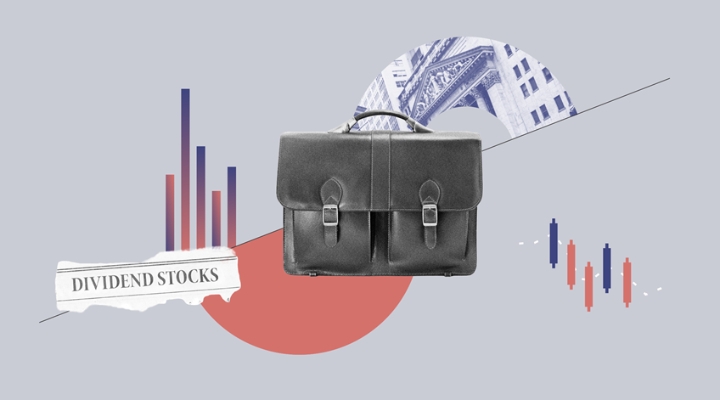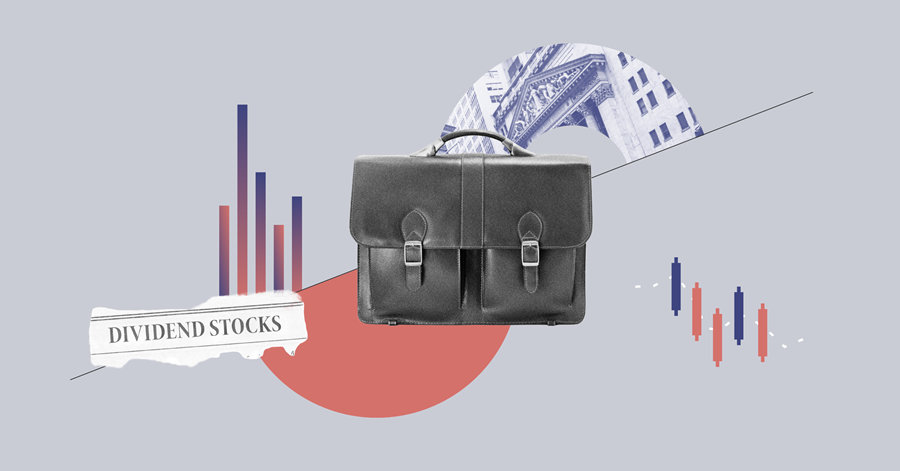
UK equity income funds have been out of favour for some time. It’s something I’ve written about, most recently back in November after a particularly tough couple of months for the category – and for UK funds in general.
It’s also something our manager research analyst Michael Born is looking into, and speaking about in today’s video: such stocks have been out of favour for almost a decade, so the flows are hardly surprising.
Is this trend evident across equity income categories?
Every month we report on asset flows coming in and out of UK funds and UK equity income has been one of the most unpopular categories for a while.
While it for once was beaten by UK large caps overall in 2022, the category finished in the top 10 for largest outflows that year, leaking £2.35 billion. So far this year, the category remains the fifth most unpopular.
Why are these funds so out of favour with investors when dividend investing is so popular? In the UK we see pensioners choose dividends in a move to complement their pension income, and, overall, it’s a market where the largest companies tend to pay a dividend.
Morningstar’s Global Investor Portfolio Study from 2022 explains more: "building a portfolio that provides natural income to live off is seen by many as a priority. The UK equity market, with its many large dividend names, provides a natural target market for such investors".
Meanwhile, my colleague James Gard is unpacking some of the sins committed by dividend investors, and whether it's time to ditch the concept. He asks whether investors really have enough patience these days.
He writes: "it’s clear modern consumers of all ages are more time poor and easily distracted than ever. The short term is certainly noisier and more demanding than in ever, so why should investing not reflect this change?"
A lack of new funds in the category could be another reason driving outflows. If funds have matured, then investors will have reached a point in their life where the money is being withdrawn for retirement.
In the past three years, UK equity income funds have only seen four months of net inflows. Granted, November 2022 was pretty significant for inflows, but this did not offset the total outflows that year.
According to Born, UK equity income managers have a huge amount more in small and mid caps and about half the weighting to mega caps. "These stocks have done poorly in performance terms as returns have been concentrated into mega-cap tech," he says.
In the first quarter of 2023 though, the eight Morningstar categories focused on income investing saw varying fund flows. The UK had by far the biggest outflow at $2.24 billion, while global equity income attracted almost $3 billion. There's one caveat though: the size of the respective markets (eg. Malaysia vs UK), makes country comparison difficult.
Investors could be chasing higher yields overseas and a global remit also offers some protection against local headwinds. Flows-wise, global equity income hasn’t seen outflows since 2020. After all, the UK market still lags its global peers on valuations.
Global equity income stocks have participated well in the market upside, and have been decent defensive plays, Born explains. Just look at the difference in valuations during the central part of the pandemic. UK income stocks were down dramatically. Global income stocks were only slightly down.
The fund managers behind Silver-rated JOHCM UK Equity Income, which has seen three months of inflows so this year, say economic performance has been more robust in the UK and continental Europe than had been feared sixed month ago, while the broader economic picture in the USA continues to weaken.
In its May bulletin, however, they argue investors are far too focused on trying to anticipate each twist and turn of global macro developments and are "in danger of missing how startlingly low many stocks' multiples are in the UK stock market".
"Unless the valuation gap closes, we can only see an acceleration in the number and potential scale of the companies leaving the UK quoted arena at high premiums to current share prices. Why should BP trade at a more than 40% discount to Exxon?"
They continue: "more broadly, why does a well-diversified fund such as ours, with 60 discrete holdings, sit on the second-highest dividend yield in its near 20-year history, despite having lower leverage across the portfolio than we have seen before and the highest dividend cover?"




























